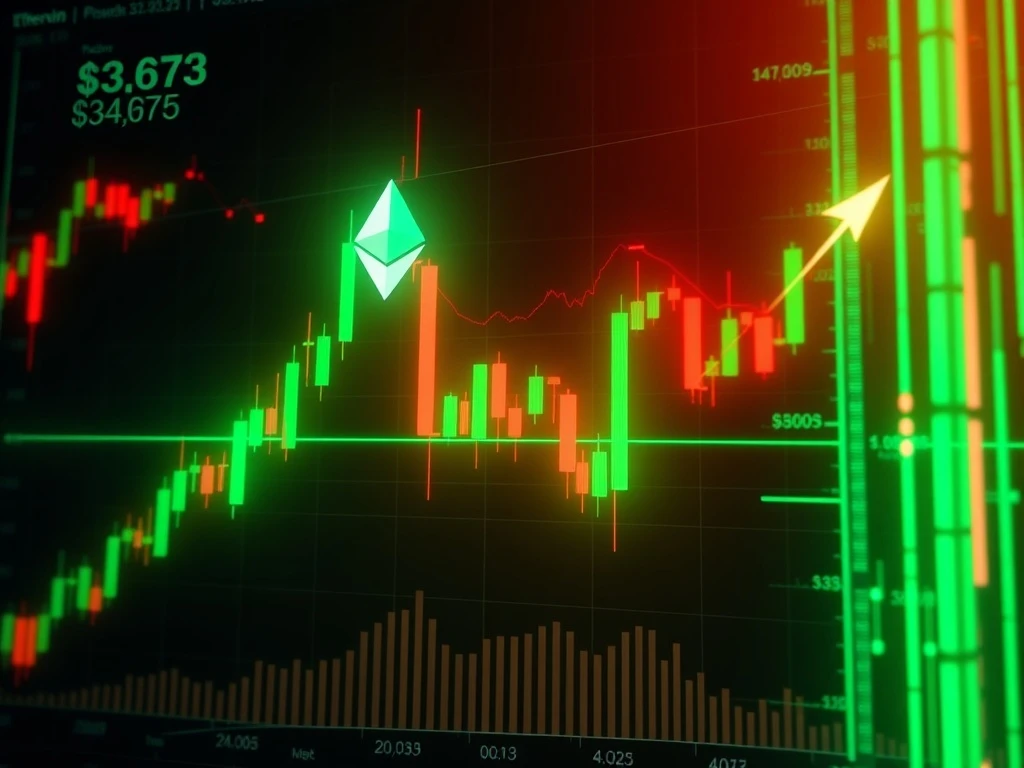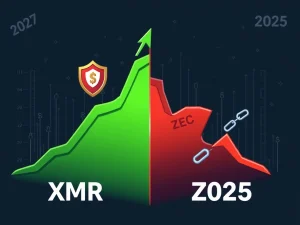Ethereum Price Alert: $3,675 Liquidation Cliff vs $4,053 Short Squeeze – Who Blinks First?

Ethereum traders are walking a tightrope this week as two critical price thresholds threaten to unleash $3.3 billion in forced liquidations. With ETH hovering between make-or-break levels at $3,675 and $4,053, leveraged positions face unprecedented risks. Here’s what every crypto investor must know about these explosive liquidation triggers.
Why These Ethereum Price Levels Matter Now
Coinglass data reveals two nuclear buttons in Ethereum’s current trading range:
- Bearish trigger: $1.969B in long positions liquidated if ETH falls below $3,675
- Bullish trigger: $1.348B in short positions forced to cover above $4,053
This creates the most concentrated liquidation zone since May 2024, with the entire $388 range acting as a volatility amplifier.
The Domino Effect of Ethereum Liquidations
Forced liquidations don’t just impact leveraged traders – they create chain reactions:
| Scenario | Mechanics | Market Impact |
|---|---|---|
| Below $3,675 | Margin calls → Automated sell orders | Accelerated downward momentum |
| Above $4,053 | Short covering → Buy pressure | Potential bullish breakout |
3 Critical Lessons for Ethereum Traders
- Watch order book depth – Thin liquidity near thresholds means exaggerated moves
- Anticipate slippage – Liquidations cause temporary price dislocations
- Monitor funding rates – Extreme negative rates may signal short squeeze potential
Frequently Asked Questions
What happens when long positions get liquidated?
Exchanges automatically sell the collateral when prices hit liquidation thresholds, creating concentrated sell pressure that can push prices lower.
Why is the long liquidation amount higher than shorts?
This suggests more traders are betting on price increases with leverage, making them vulnerable to downside moves.
How can I protect my positions?
Use stop-loss orders, reduce leverage, and maintain adequate margin buffers during high volatility periods.
Will this affect Bitcoin and other altcoins?
Yes – Ethereum liquidations often spill over into broader crypto markets due to ETH’s status as a benchmark asset.










